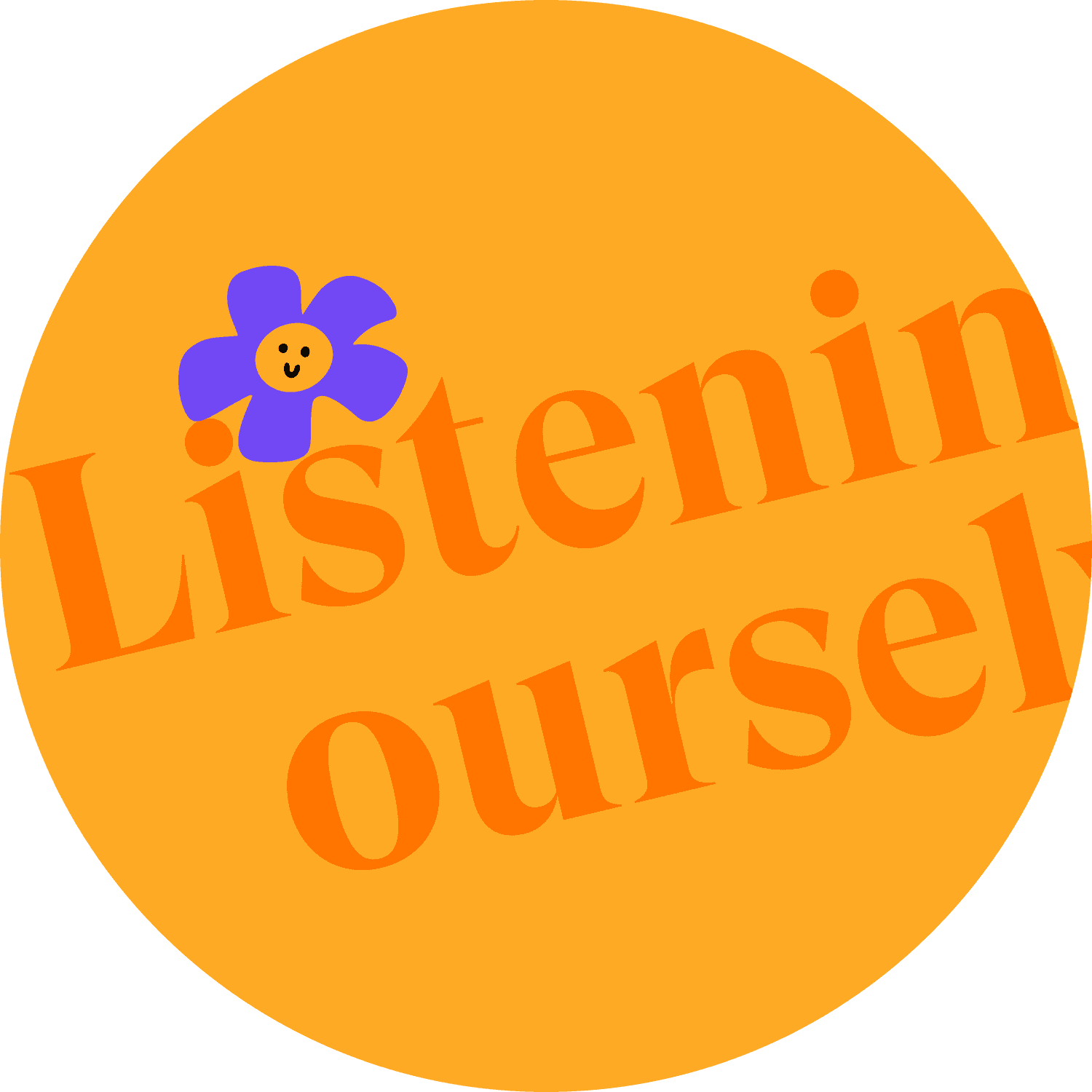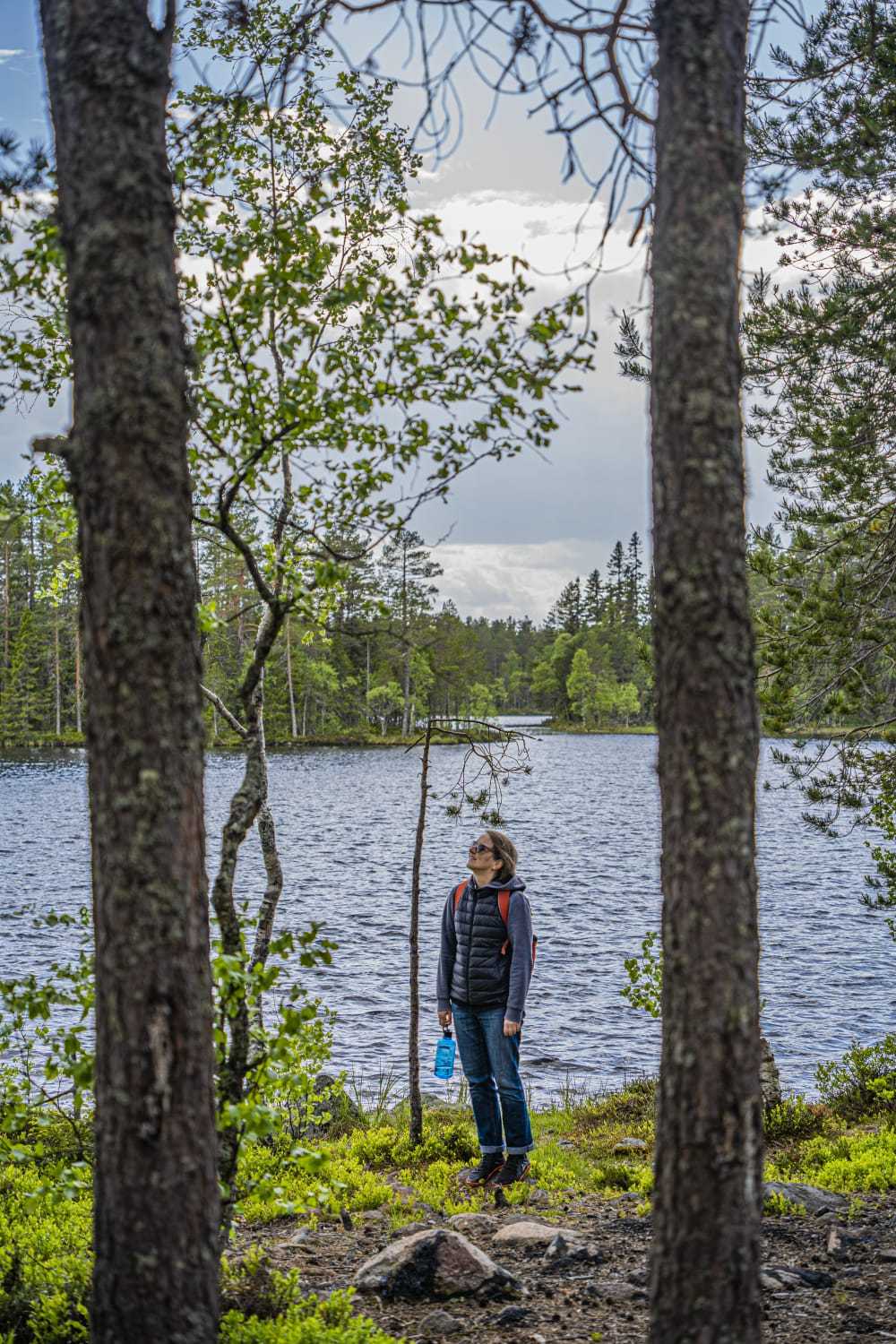
Saving Electricity at Home | 3 Ethical, Cheap & Efficient Ways
There are many ways to save energy these days, but today we’re not talking about trendy smart apps, switches, sockets and meters. Today we take a look at some of the small gestures that helped people save energy before the smartphone, the plug and the internet. This should also serve as a reminder that there are people among us who can’t warm up to the new technology, or just can’t afford it.
Let’s look back at some good old domestic habits, and ethical effortless actions that are in need of a revival.
1. Use Energy Saving Light Bulbs
In other words, change the conventional light bulb with LED. No matter how you look at it, this is the ideal option for saving on your electricity bill. These days, efficient light bulbs are cheaper than most people think. Actually, prices fall almost monthly and vary wildly from one retailer to another. The new bulbs come in improved ranges and even the much criticized lack of “warm” light option is not a problem anymore. The “deniers” will easily run out of reasons to justify their conventional choices.
Given all this, if the efficient light bulb does not raise too many issues anymore, why aren’t more people going for this efficient change? One of the reasons could be a lack of confidence in the power of one. On one side we have those who think individual changes don’t have the needed impact, and we shouldn’t bother with them; after all, there are about 100 polluting companies responsible for 70% of global carbon emissions, right?
On the other side we have the incurable optimists who think individual action is just as important as the governmental and the corporate ones.
Treehugger recently published an article tackling this interesting contemporary dilemma, and quoting a report by The Guardian underlining the significant impact of using only energy saving light bulbs: “just one can save you £100 over the lifetime of the bulb and they last up to 12 times longer.” The articles follow on the steps taken by a retired engineer who changed every bulb in his home, and thinks that the entire country should too. Why? Because it will “shave nearly £2bn off the energy bills for Britain’s 25m homes” and because it’s the easiest way to cut the electricity bill for lighting our homes by 90%.
Read the full article here with more practical advice about the environmental and economic savings that come from an early LED switchover.
Light but essential Information: A new generation energy-efficient bulb can use 90% less electricity than a traditional bulb.
Where to buy efficient light bulbs? It’s best to try ethical online stores like Ethical Superstore or Ethical Shop, but don’t underestimate the power of walking to the nearest DIY independent local store where you can have an enlightening conversations about light bulbs with the store owner.
2. Turn Off the Lights
Changing old light bulbs with efficient ones does not mean you can keep them on when you leave the room, or the house. This is the most common-sense action, maybe not as efficient as changing the bulbs themselves, but essential nonetheless. It’s easy to turn this simple gesture into routine (a funny reminder-sticker near the light switch may help), and soon you won’t be able to leave a room without switching the lights off. Yes, I’m talking from experience.
So the turn off gesture shouldn’t fade in importance with the fancy energy-saving bulbs on, but it’s interesting to know that it does matter what type of bulbs you are using. Energy Saving Secrets clarifies another dilemma: “turning off incandescent light bulbs is going to save more energy than turning off halogen lights or the far more energy-efficient compact fluorescent light and light emitting diode light bulbs.” Dig a little deeper here.
3. Don’t Leave Appliances on Standby
You changed the light bulbs, turn off the light every time you leave a room, and are now ready to tackle the standby option draining your electricity. The standby is common with anything from kitchen appliances to TVs, DVD players, and computers, as well as a plethora of inessential appliances that are hardly ever used but non-stop plugged in.
Energy Saving Secrets discovered that the cumulative effect of all the appliances (about 50!) that most of us have in our homes may be using electricity without us knowing: “Each one may only be using £3 of power per year – but that is £150 per year for all of them, which is quite a sizeable sum for pieces of equipment that are doing nothing.”
To add to the case for reducing standby power, a few years ago an Energy Saving Trust’s survey found that one-in-seven people questioned thought putting devices on standby was actually more energy-efficient than switching them on and off. This commonly held belief is a myth debunked many times. Modern devices are designed to be turned on and off frequently, and though there were some issues with old electronic components, appliances do not use more power starting up and powering down than they do in general use. So it’s about time to flip the off switch. Dig deeper here.
Further reading on standby power, costs and details down to the watts used >> here.
True story: I know a couple that leaves the TV on when they go on holiday, hoping it will keep the thieves away. That’s a lot of wasted electricity with little guarantee that it will actually pay off.
4. Don’t Leave Your Gadgets on Charge Unnecessarily
This is another level of standby. If you search online, most likely you will get confusing information about charging, overcharging and anything related to the battery life in your smartphone. Like this article in Independent claiming that charging your iPhone overnight does not destroy the battery, or this one discussing British people’s overcharging habits.
But let’s look beyond the battery, and we’ll see that overcharging a phone (for whatever reason that might be) is just another needless waste of energy.
The main takeaway lesson: Apparently unimportant gestures multiplied by millions become essential to positive global change where ethical is the new normal.
~~~~~
Don’t forget that you can start conversations on topics close to your interests on the ethical forum.
Featured Photo by Federico Bottos on Unsplash
Earth.fm is a completely free streaming service of 1000+ nature sounds from around the world, offering natural soundscapes and guided meditations for people who wish to listen to nature, relax, and become more connected. Launched in 2022, Earth.fm is a non-profit and a 1% for the Planet Environmental Partner.
Check out our recordings of nature ambience from sound recordists and artists spanning the globe, our thematic playlists of immersive soundscapes and our Wind Is the Original Radio podcast.
You can join the Earth.fm family by signing up for our newsletter of weekly inspiration for your precious ears, or become a member to enjoy the extra Earth.fm features and goodies and support us on our mission.
Subscription fees contribute to growing our library of authentic nature sounds, research into topics like noise pollution and the connection between nature and mental wellbeing, as well as funding grants that support emerging nature sound recordists from underprivileged communities.

